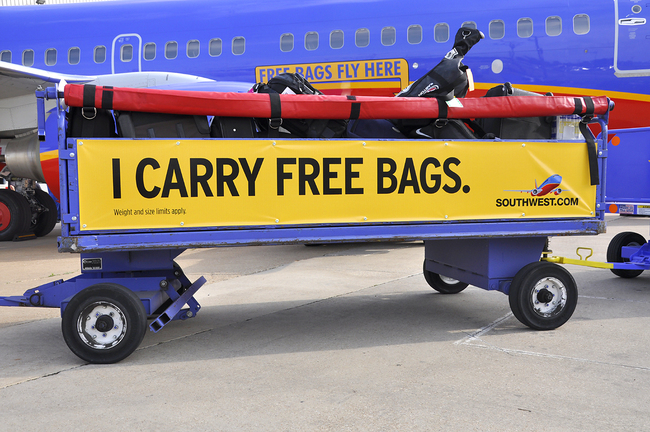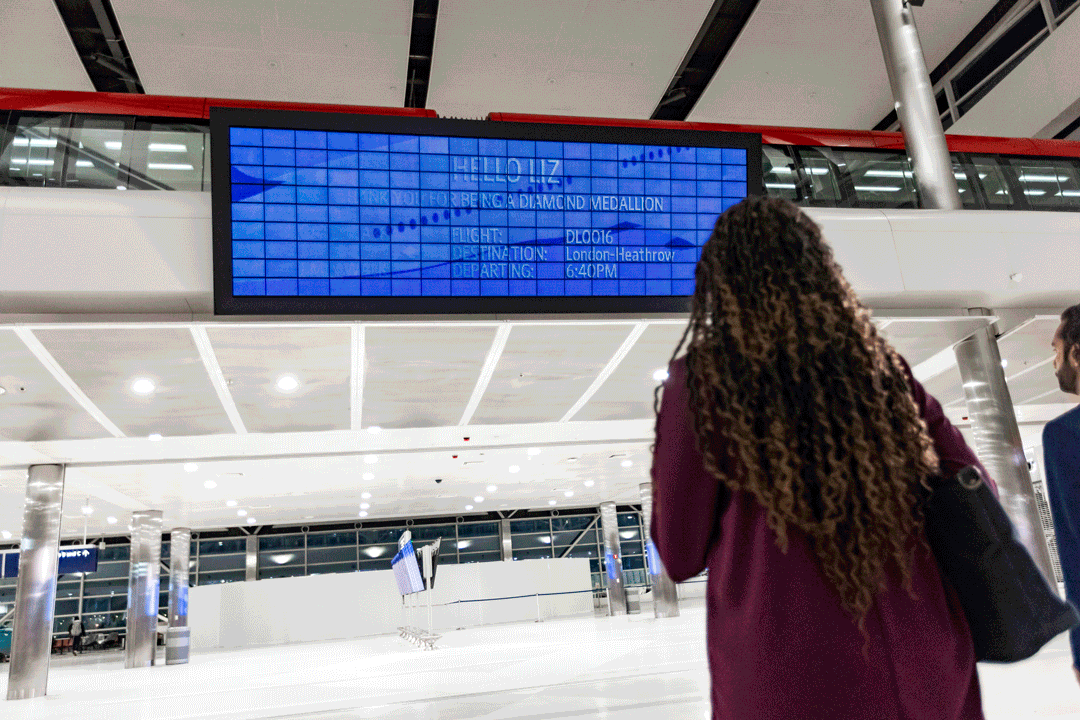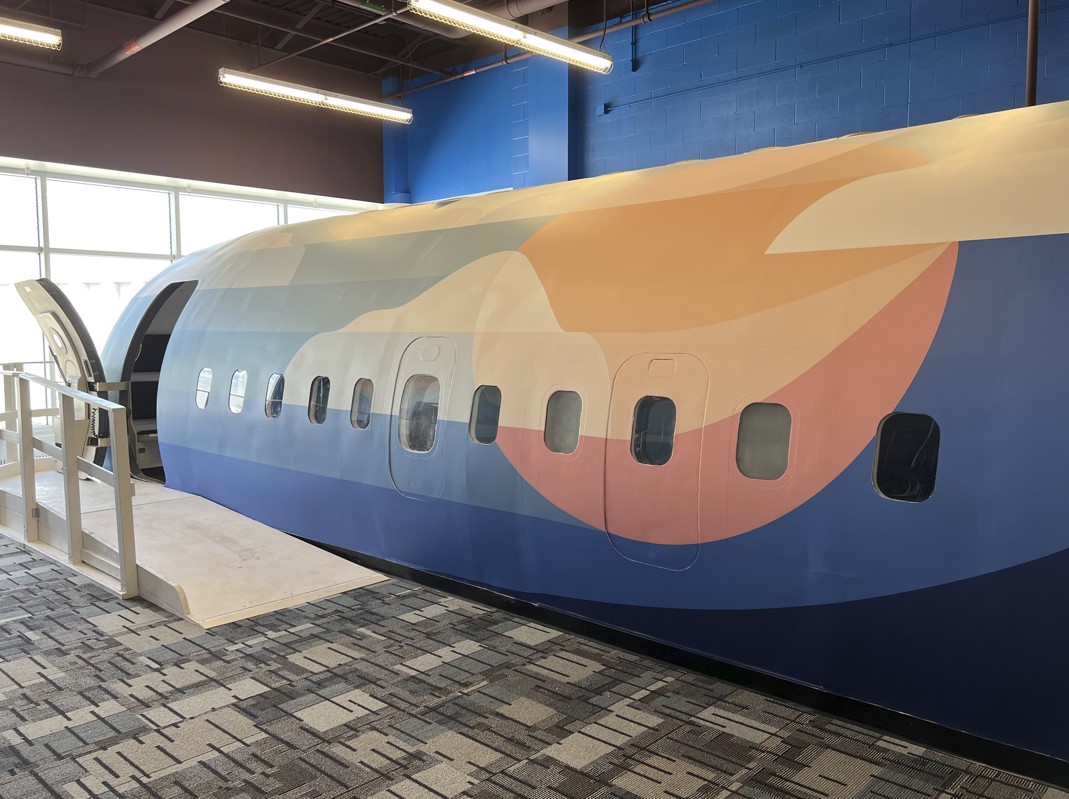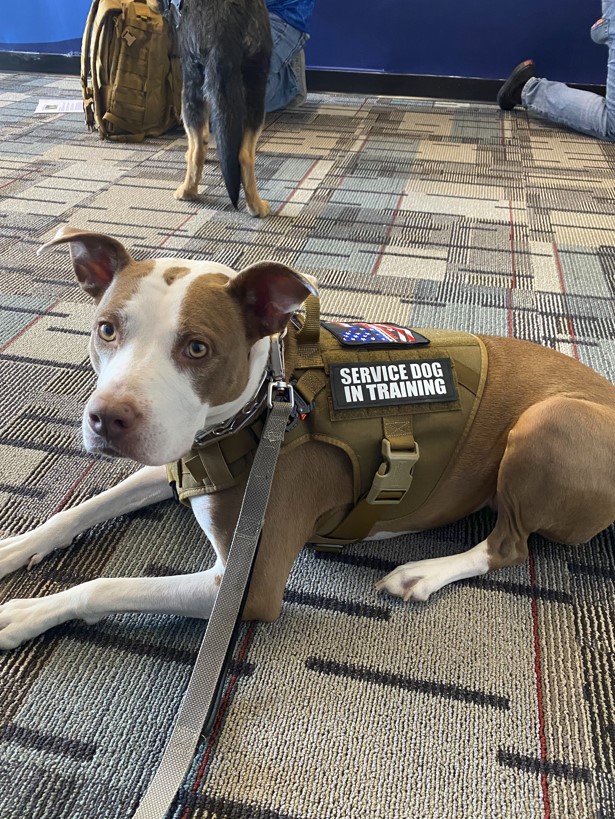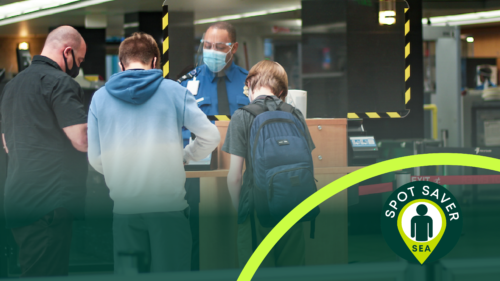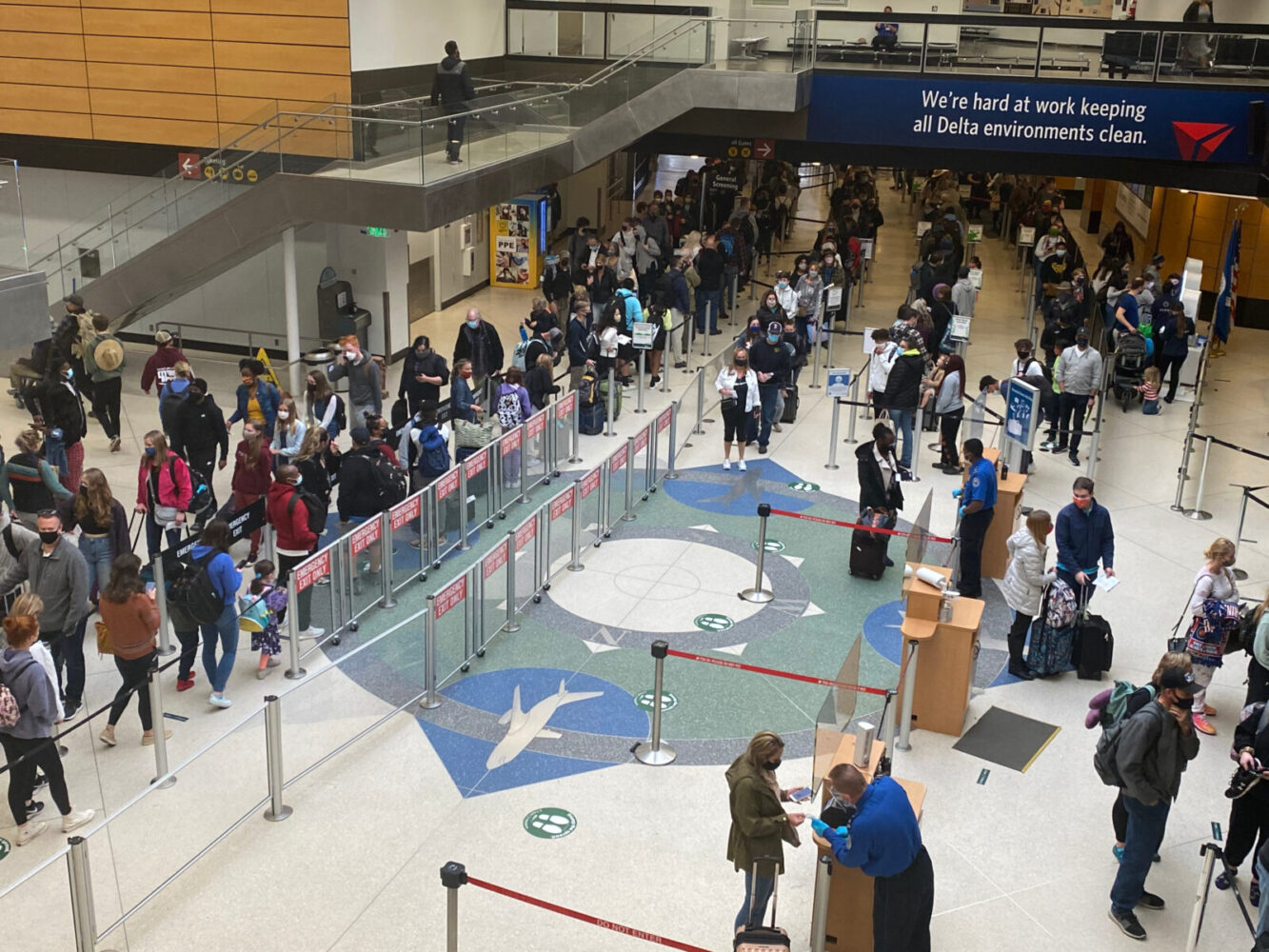Here are some travel tidbits from the Stuck at the Airport inbox to help you ease into the week, including music and travel advice, contests for travel adventures and, of course, airport news.
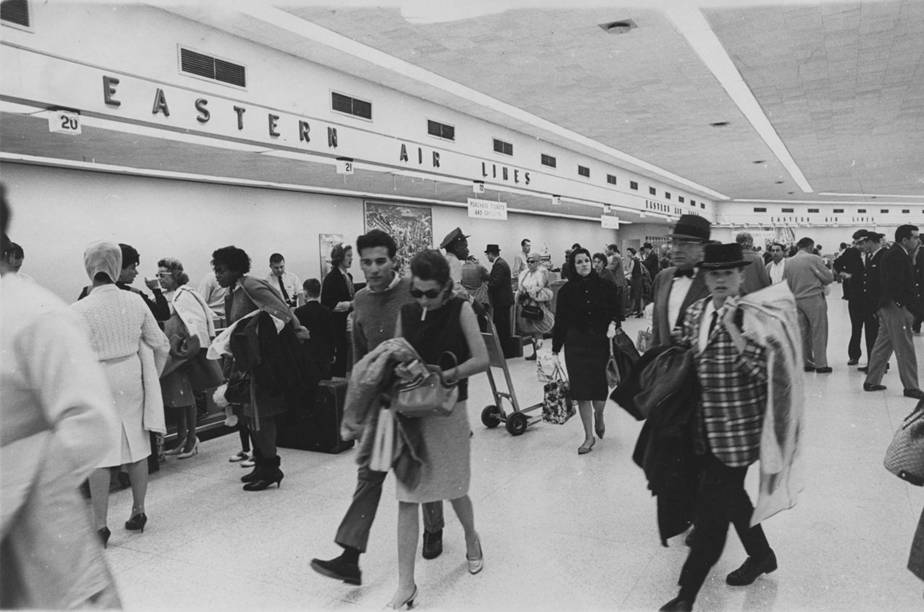
Hello Kitty Day coming to Oracle Park
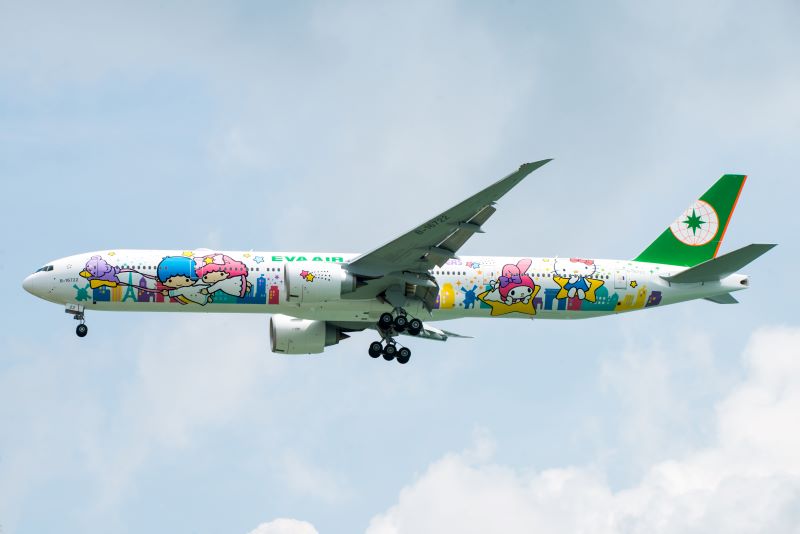
EVA Air is teaming up with the San Francisco Giants to host Hello Kitty Day at Oracle Park in San Francisco on Saturday, May 11, 2024.
As part of Hello Kitty Day, the first 15,000 fans to enter Oracle Park on May 11 will each receive a Hello Kitty Bucket Hat. On that day, EVA President, Clay Sun, will throw out the first pitch while Hello Kitty and the Giants Mascot Lou Seal mug on the field.
For planespotters: EVA’s Hello Kitty “Shining Star Jet” is flying between San Francisco International Airport (SFO) and Taoyuan International Airport (TPE) in Taipei, Taiwan. The Boeing 777-300ER is flying two days a week, on Fridays and Sundays, now through May 26. It will then shift to Sundays only, from June 2 to June 23.
Musical Travel Guides for Europe, courtesy of Air Canada

Air Canada asked three Québec artists – Charlotte Cardin, Alexandra Stréliski and Sarahmée – to create music playlists to go with their favorite European cities.
Charlotte Cardin focused on Paris.
Sarahmée visits Barcelona.
And Alexandra Stréliski shares her faves in Amsterdam.
The playlists are available on the Air Canada website and Spotify. Give a listen.
Airline Satisfaction Study: Niceness wins.

J.D. Power’s 2024 North American Satisfaction study is out and concludes that investments some airlines have been making in trying to improve the overall flight experience with friendly, attentive service are paying off.
“The big takeaway from this year’s study is the power of people to positively influence the overall flight experience,” said Michael Taylor, J. D. Power senior managing director of travel, hospitality, retail and customer service. “Airlines investing in staff training and recruitment are finding ways to overcome the negative effects of crowded gates and planes simply by being nice to their customers.”
The North America Airline Satisfaction Study measures performance in seven categories: airline staff; digital tools; ease of travel; level of trust; on-board experience; pre/post-flight experience; and value for price paid. Scores are tallied on a 1,000-point scale.
Here are the top lines in Customer Satisfaction, but segment.
First/Business: Delta Air Lines ranks highest with a score of 743. JetBlue Airways (736) ranks second.
Premium Economy segment: Delta Air Lines ranks highest for a second consecutive year, with a score of 716. Alaska Airlines (687) ranks second and American Airlines (684) ranks third.
Economy/Basic Economy: Southwest Airlines ranks highest in customer satisfaction in the economy/basic economy segment for a third consecutive year, with a score of 685. Delta Air Lines (651) ranks second and Allegiant Air (633) ranks third.
